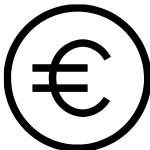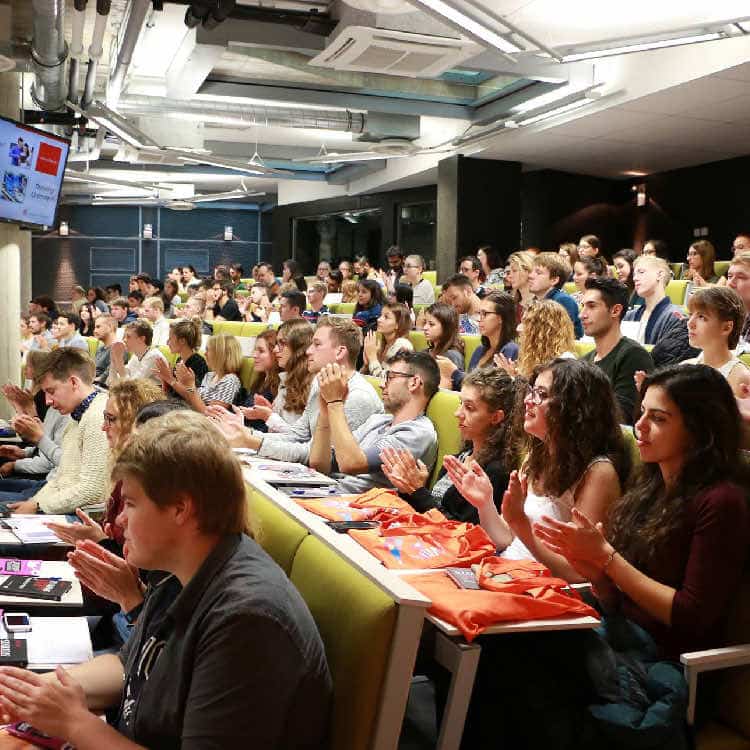Humanities




Tuition

Duration

Admissions Deadline

Location
Profile
The International Bachelor Study Programme in Humanities takes 3 years with a norm of 180 ECTS points. During the first 112 years (3 semesters), you get an interdisciplinary introduction to key theories and methods within the field of the humanities, and you do project work within the field dealing with a problem that you have chosen and formulated yourself. During the last 112 years, you have specialized in two subject modules. One subject module has to be located within the field of the humanities. You can presently choose between subject modules in Communication Studies, Cultural Encounters, and English Studies.
Notes
In addition to the standard Danish entry requirements, this program also requires the following: In addition to the general academic entry requirements, certain specific requirements have to be met for the International Bachelor Study Programme in Humanities. The specific requirements are: English at Danish B-level History or History of Ideas or Contemporary History at Danish B-level One additional language from the following list: German or French at Danish B-level if the language is at advanced level or Arabic, Chinese, French, German, Greek, Italian, Japanese, Latin, Russian, Spanish or Turkish at Danish A-level if the language is at beginner's level
Admissions Requirements
History or History of Ideas or Contemporary History at Danish B-level; One additional language – either beginner’s language at Danish A-level or advanced language at Danish B-level.
Map
Sorry, no records were found. Please adjust your search criteria and try again.
Sorry, unable to load the Maps API.
Related Programs
Program Information
Roskilde
Denmark
- 3 years
- Full Time
- On Campus Learning
Additional Information
Considerations






